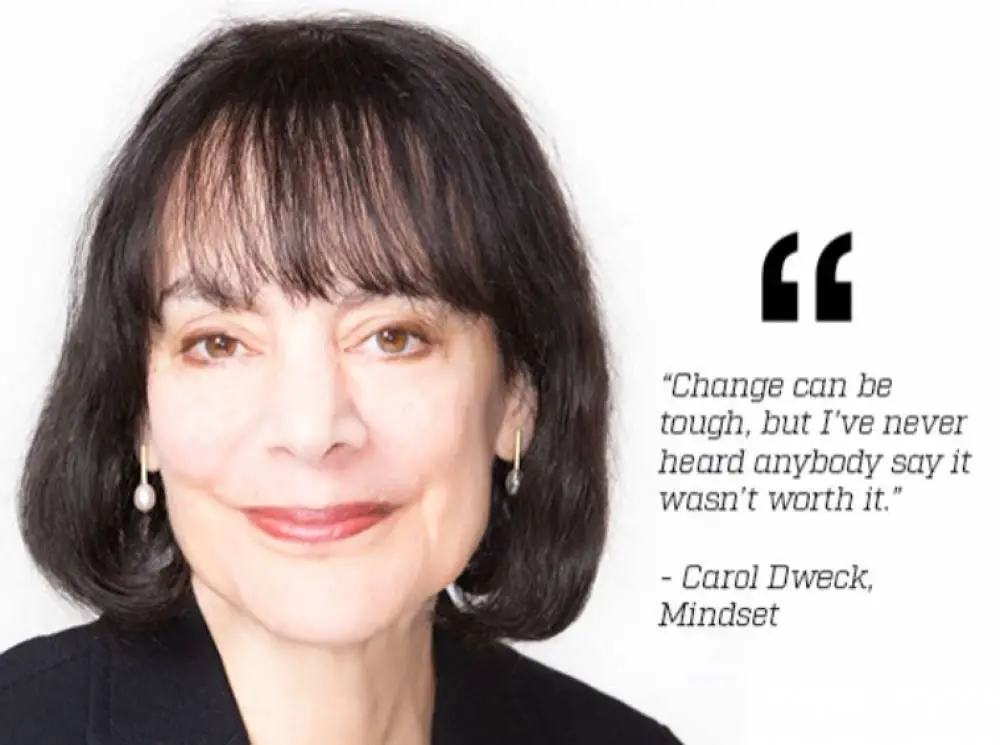Carol Dweck works as a Lewis and Virginia Eaton Professor of Psychology at Stanford University. She has worked in the field of Psychology for almost 40 years.
The New York native primarily studies human motivation and the things in our control to aid success. In her studies, she has found that beliefs and mindsets are the most important things when it comes to success.
She penned down her findings in her 2006 book 'Mindset: The New Psychology of Success,' and described the book as a bridge between developmental, social, and personality psychology.
Carol Dweck on Mindset and Success
According to Dweck, people’s perspectives on where their skills come from determine their type of mindset. The people who believe that their success is based on their natural talent have a fixed mindset. On the other hand, the people who believe that success is based on hard work, training, and personal development are said to have a growth mindset.
It may be hard to determine one’s mindset right off the bat, but how one reacts to failure is usually a tell-tale sign.
People with a fixed mindset are afraid of failure— because failure undermines their natural talent. Conversely, people with a growth mindset view failure as a tool that helps them learn.
Carol Dweck Ted Talk Episode on Beliefs & Mindset
In her TED talk 'The Power Of Believing That You Can Improve,' Dweck explained the two concepts of mindset through the concept of “yet” and “not yet.” She used a story about an experiment in a Chicago high school to show how people develop their mindsets related to success.
In the experiment, students had to pass several courses to graduate. Failure to do so resulted in them getting the grade “Not Yet.”
Dweck addressed the practice saying, “I thought that was fantastic, because if you get a failing grade, you think, I'm nothing, I'm nowhere.”
In her other experiment, she wanted to see the power of mindsets in 10-year-olds. So she gave them problems that were slightly too hard for them.
Some children understood their abilities could be developed and said things such as, “I love a challenge” or “I was hoping this would be informative.” Other students, however, felt that this challenge was “catastrophic."
Dweck says,
“From their more fixed mindset perspective, their intelligence had been up for judgment, and they failed. Instead of luxuriating in the power of yet, they were gripped in the tyranny of now.”
Changing Mindset Through Correct Rewards
Carol Dweck’s research (A Longitudinal Study and an Intervention) on mindset challenges the common belief that intelligence is something we are born with.
In an interview with The Atlantic, Dweck said that the best way to facilitate and foster intelligence and problem-solving in children was to praise the effort and strategy and not the outcome.
“Praise the effort that led to the outcome or learning progress; tie the praise to it. It’s not just effort, but strategy … so support the student in finding another strategy.”
Dweck runs interventions based on her findings and has also stated that she is developing a theory that puts motivation and mindsets as key tools for social and personality development.


